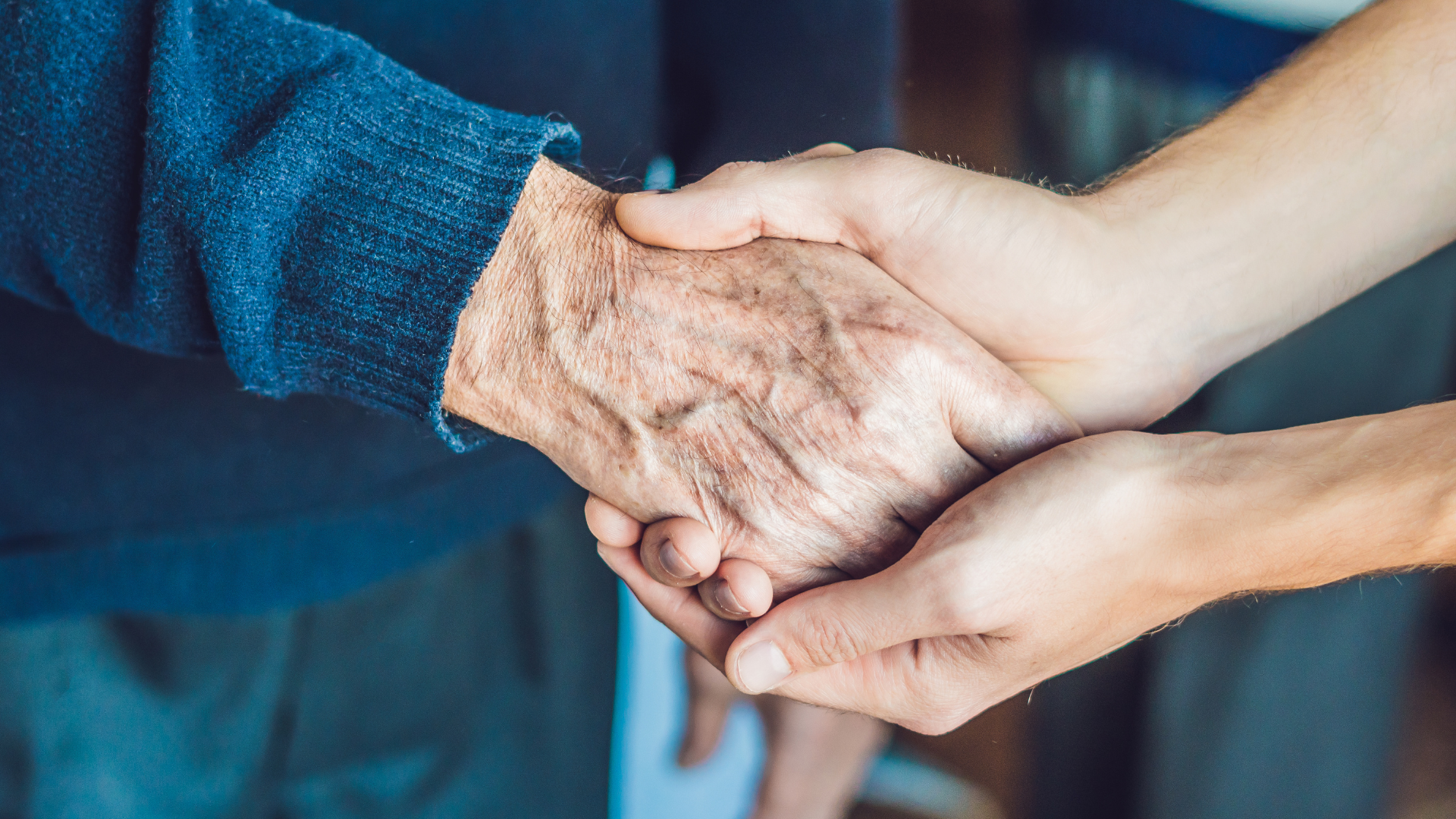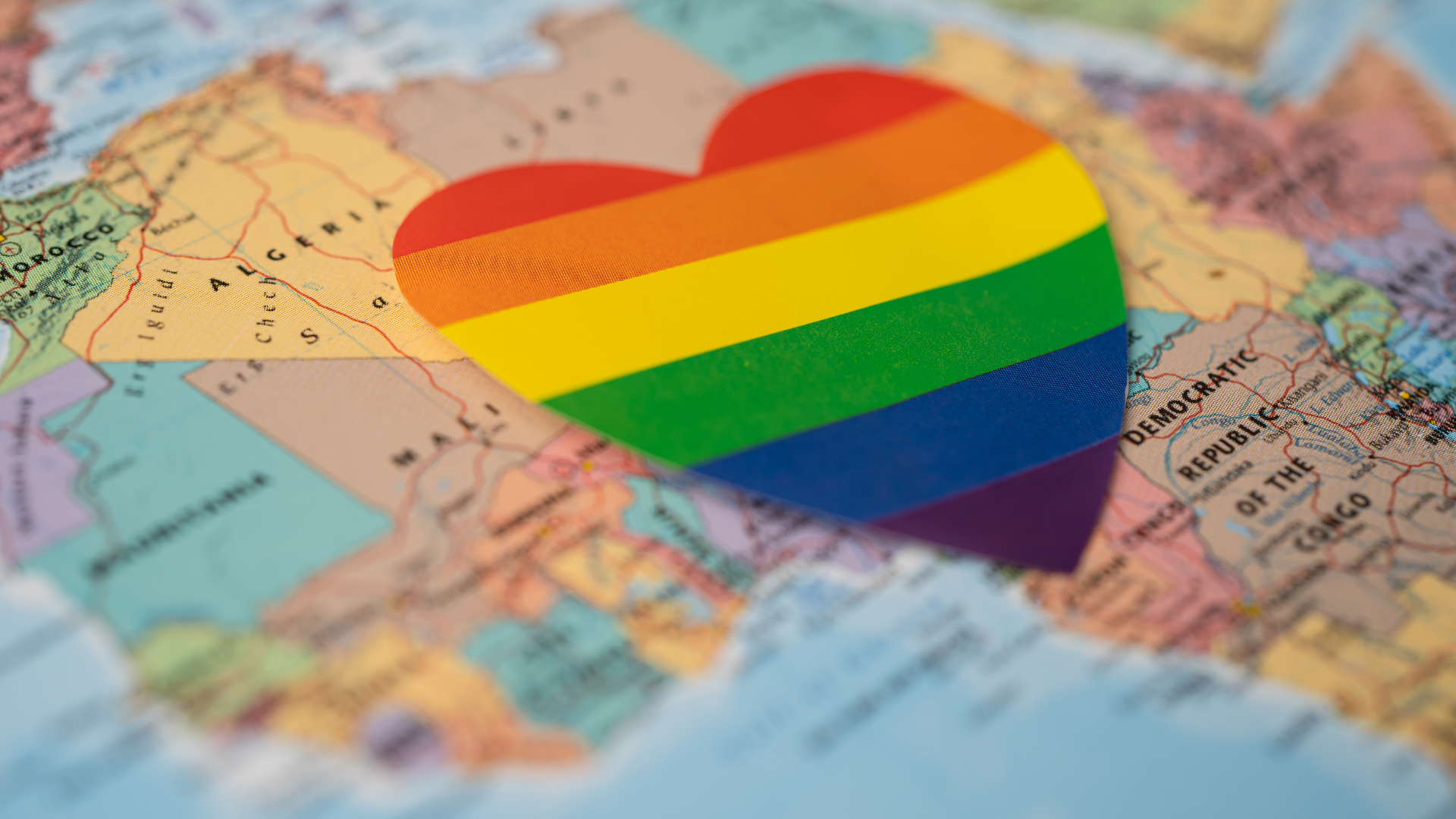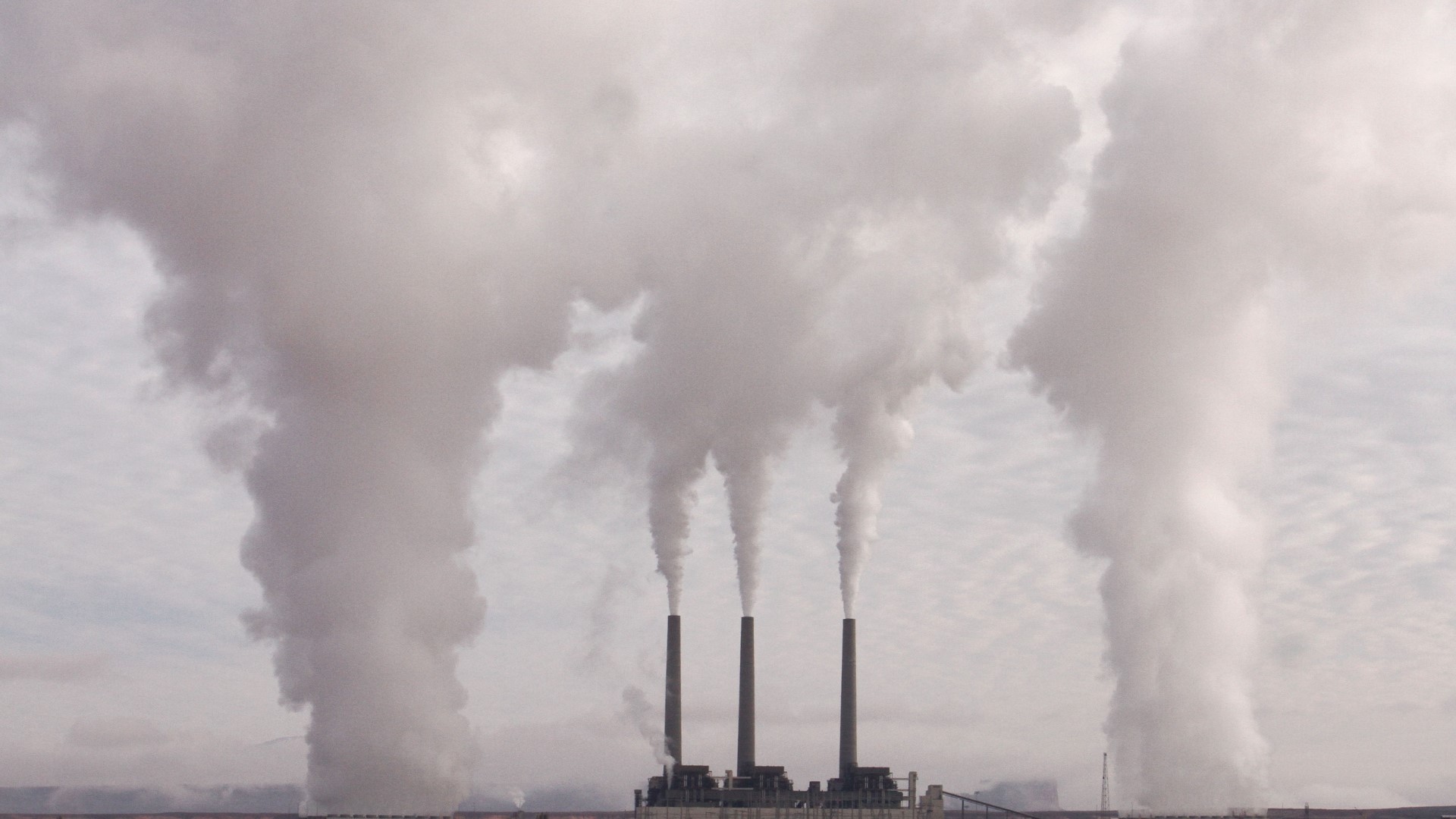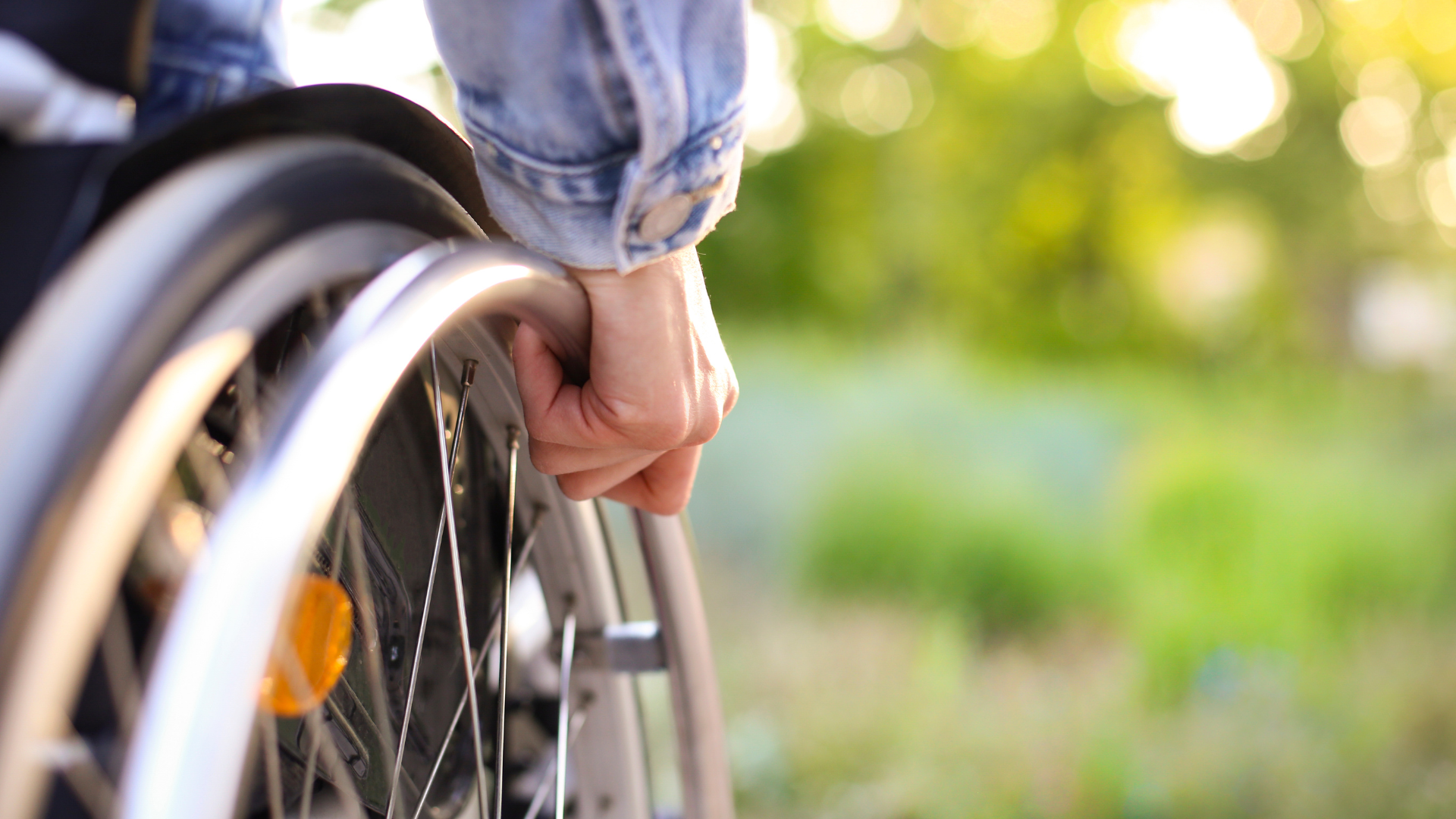On May 29, President Yoweri Museveni of Uganda signed one of the world’s stringent anti-LGBTQ legislations, that restricts LGBTQ rights and introduces harsher penalties for certain types of homosexual acts. While the new legislation enjoys support from a significant portion of the population in this East African nation, it has faced widespread condemnation from rights activists and others abroad. The Act enforces a punishment of life imprisonment for engaging in consensual same-sex acts, and the death penalty for “aggravated homosexuality”. According to the International Lesbian, Gay, Bisexual, Trans and Intersex Association (ILGA), over half of the 54 nations in Africa have laws that prohibit consensual same-sex activity.
History of anti-gay legislation in Uganda
In 2009, a bill titled “Kill the Gays” bill, which initially advocated for the execution of homosexuals, was brought forth following a conference in Kampala, Uganda that attracted representatives from the United States. However due to global condemnation and pressures it did not pass in its original form. Furthermore, in 2014, a less stringent anti-LGBTQ law was struck down by a Ugandan court on procedural grounds following the initial suspension of aid, imposition of visa restrictions, and reduction in security cooperation by Western governments.
The roots of Africa’s anti-LGBTQ stance can be traced back to the colonial period when British colonial rule introduced anti-sodomy provisions in their penal code. However, by the time the UK decriminalized same-sex acts in 1967, many former colonies had already attained independence and did not inherit the legal reforms. Out of the 17 African nations that were colonized by Britain and implemented anti-LGBTQ laws, only 3 have subsequently repealed them, according to Human Rights Watch.
Misplaced intent behind the Act
The memorandum to the Anti-Homosexuality Bill of 2023, stated that the objective of the legislation is to safeguard the integrity of the traditional family by “strengthening the nation’s ability to address both internal and external challenges that pose a potential risk to the conventional, heterosexual family.” Nonetheless, studies conducted in various countries suggest that same-sex relationships do not have a detrimental impact on the establishment of heterosexual families. An extensive study published in the Journal of Policy Analysis and Management in 2021, which analyzed 18 years of data, revealed that same-sex marriage had no significant influence on individuals within different-sex households. Furthermore, a study conducted in 2015, encompassing 28 member countries of the Organization for Economic Cooperation and Development (OECD) and published by Duke University Press, found that the legal recognition of same-sex couples had no adverse effects on family formation, as indicated by rates of marriage, divorce, and extramarital births.
Homosexual attraction is not an innate and unchangeable trait, the legislation further stated. However, there is a lack of consensus on the precise reasons behind an individual’s heterosexual or homosexual orientation, whether it be hormonal, genetic, developmental, social, or cultural. Despite the absence of a consensus on the origins of different sexual orientations, the current scientific and professional consensus acknowledges that sexual orientation is generally perceived as something both innate (i.e., inborn and inherent) and immutable (i.e., irreversible and unalterable) for most individuals, according to a report published in the year 2015 by the Academy of Science of South Africa. A case that exemplifies this understanding is Commonwealth v. Gill. Brief Amici Curiae American Psychological Association, 2011, where it was determined that the fundamental feelings that shape adult sexual orientation emerge in early childhood, and most adults, regardless of their sexual orientation, report feeling little control over their sexual orientation.
One of the objectives of the legislation also includes the protection of children and youth who may be vulnerable to sexual abuse due to homosexuality and related acts. However, this understanding is contradicted by over 30 years of research, which consistently demonstrates that children raised by lesbian and gay parents exhibit similar levels of psychological, emotional, and social well-being as children raised by heterosexual parents. An article titled “Parental sexual orientation, parental gender identity and the development of children”, published in the year 2022 in Elsevier’s book series on Advances in Child Development and Behaviour, concludes that there is no significant difference in the outcomes of children raised by gay or lesbian parents. The article further highlights the remarkable resilience shown by sexual and gender minority parents and their children, despite facing numerous challenges.
Among the world’s harshest
Homosexuality was already illegal in Uganda and punishable with life imprisonment under a colonial-era law criminalizing sexual activity “against the order of nature.” However, the new law stipulates capital punishment for “aggravated homosexuality” – which includes transmitting terminal illnesses like HIV/AIDS through gay sex, having same-sex relations with a person with a disability, minor, etc.
Criminalizing sexual orientation leads to increased social stigmatization of individuals in same-sex relationships, exposing them to higher risks of violence and human rights violations. The imposition of the death sentence violates various fundamental human rights, such as freedom of expression, freedom of thought, conscience and religion, freedom of peaceful assembly, liberty, privacy, the right to the highest attainable standard of health, and the right to life as guaranteed by Uganda’s constitution. Furthermore, imposing capital punishment goes against the global trend towards a moratorium on the use of the death penalty, as evidenced by the UN General Assembly’s resolution in December 2007 calling for a worldwide halt to executions.
Moreover, the Act imposes a 20-year sentence for the “promotion of homosexuality” including publication, funding, or offering premises. The prohibition of promoting homosexuality would make it illegal for individuals or groups involved in human rights, sexual orientation, and gender identity issues to carry out their work. This would also impact other civil society actors, including those working on HIV/AIDS prevention and treatment. These restrictions could unjustifiably limit freedom of expression in the context of legitimate human rights advocacy.
Another worrisome provision pertains to same-sex marriage. It specifies that individuals who attempt to enter into a marriage with someone of the same sex will be charged with the offense of homosexuality. If convicted, they may face a maximum sentence of ten years in prison. In addition, individuals who conduct a marriage ceremony between same-sex individuals can also be subject to imprisonment for a maximum period of ten years.
Is Africa anti-LGBTQ?
Uganda is among 32 nations in Africa’s 54 countries that ban same-sex relationships. In Africa, for engaging in same-sex activities 4 countries impose the death penalty, while 8 countries enforce imprisonment of 10 years, which can be extended to a life sentence. Additionally, in 20 countries, individuals face imprisonment for fewer than 10 years or various other penalties for engaging in same-sex activities. In Somalia, the penal code stipulates a maximum prison term of 3 years for homosexuality, while under Sharia law, capital punishment may be imposed. Similarly, the Nigerian penal code prescribes 14 years imprisonment for same-sex activities, but in the 12 northern states governed by Sharia, the death penalty can be enforced. Mauritania’s laws also provide for capital punishment for homosexuality, but as per the United Nations, there have been no reported executions since 1987. In Egypt, homosexuality is not codified as a criminal offense, but there is a prevalent pattern of frequent arrests and charges specifically targeting gay men for debauchery, immorality, or blasphemy.
At present, ILGA reports that LGBTQ identities have been legally recognized in 129 countries globally. The growing trend of acceptance can be attributed, at least in part, to the younger generation adopting more inclusive attitudes towards homosexuality. Findings from a 2019 survey conducted by Pew Research Centre indicate that in 22 out of 34 countries surveyed worldwide, individuals aged 18-29 were notably more inclined than older generations to embrace LGBTQ individuals within society.
Nevertheless, when it comes to African countries, there is a minimal difference in attitudes towards homosexuality between younger and older generations. According to a survey conducted by Afrobarometer, which involved 48,000 individuals across 34 countries, over 75% of respondents from all age groups expressed strong or moderate disapproval of having a gay neighbour. The variation between the youngest age bracket, 18-25 years old, and the oldest, 56 and above, was merely 3 percentage points.
The findings from the Afrobarometer survey, which involved interviewing 2,400 Ugandans, highlight the prevailing intolerance among adults of all ages and education levels towards same-sex relationships in Uganda. These individuals strongly believe that such relationships should be illegal and are even willing to report their own family members or close friends to the authorities if they engage in homosexual activities. Uganda’s attitudes toward same-sex relationships are exceptionally extreme, even in the context of widespread intolerance observed across the African continent. Out of the 37 African countries surveyed in 2021/2022, Uganda ranks at the very bottom in terms of accepting sexual diversity. On average, only 25% of respondents expressed a welcoming or indifferent stance towards their neighbours’ homosexuality, while a significant 73% expressed dislike or strong dislike.
Differing views in some African nations
ILGA reports that in Africa, being gay is legally accepted in 22 countries, with 10 of them having actively legalized it while the remaining 12 countries never considered it a criminal offense. In 1993, Guinea-Bissau became the first African nation to legalize LGBTQ activity by enacting a new Penal Code that omitted laws criminalizing it. Since then, 9 other countries have followed suit and legalized same-sex activity, with Angola being the most recent addition in 2021. Additionally, several countries go beyond legalizing LGBTQ identities and same-sex acts by implementing constitutional or legal protections against various forms of discrimination, including employment discrimination, hate crimes, and incitement to violence. Among African nations, South Africa remains the only country where LGBTQ couples are granted the legal privileges of marriage, civil unions, and adoption of children. South Africa’s progressive constitution which is highly acclaimed all over the world contributes to protecting the rights of the individual including the LGBTQ community. The constitution-makers created the South African constitution as a negotiation against the non-democratic past of South Africa. As per the Afrobarometer survey, Mali, Niger, Sierra Leone, Senegal, and Uganda share the lowest levels of tolerance, with only 6% of respondents expressing acceptance. Conversely, there are five countries where the majority of respondents hold positive views: Cabo Verde (82%), South Africa (72%), Seychelles (66%), Mauritius (60%), and Mozambique (52%).
In Namibia, approximately half of the citizens (49%) express tolerance towards LGBTQ individuals, followed by São Tomé and Príncipe and Botswana with 46% and 45% respectively. It is noteworthy that in recent years, both São Tomé and Príncipe and Botswana have repealed laws that previously criminalized homosexuality.
What is the aftermath of the Act and the way forward?
The worldwide condemnation of Uganda’s anti-homosexuality law has been intensifying. US President Joe Biden condemned the Act as “a tragic violation of universal human rights” and to reduce aid and investment in response. The European Union, the United Kingdom, UNAIDS, the Global Fund, human rights organizations, and LGBTQ organizations are just a few of the entities that have expressed their shock at the law’s enactment. A group of multinational companies, including Google and Microsoft, have also expressed concern about the legislation’s possible detrimental effects on Uganda’s economy, including a decline in foreign investments and tourism. In response to the legislation, a group of academics and activists have petitioned the constitutional court, requesting an injunction to prevent the Act’s implementation.
According to Article 21 of the Ugandan constitution, individuals are entitled to equality and freedom from discrimination. Clause 1 of the article explicitly affirms that all individuals, regardless of their political, economic, social, or cultural background, are equal before and under the law. It ensures equal protection of the law for everyone. However, the criminalization of same-sex acts in Uganda contradicts the country’s own constitutional commitment to equality and undermines the principles it seeks to uphold.
Additionally, such criminalization violates Uganda’s commitments to international human rights treaties including the African Charter, the International Covenant on Civil and Political Rights, and other pertinent agreements. These agreements emphasize the value of preserving individual rights and expressly forbid discrimination on the basis of sexual orientation. As a result, Uganda’s obligations under these international human rights agreements are directly contradicted by the criminalization of consensual same-sex behaviour.
In order to address this issue, international pressure, diplomatic efforts, and support for LGBTQ rights organizations can all be extremely effective in pushing for the law’s repeal or amendments and fostering a more accepting climate in Uganda and beyond. The Ugandan parliament should re-evaluate the laws that make homosexuality illegal and recommit towards safeguarding all human rights. It is crucial for legislators to prioritize the fundamental human rights of every Ugandan rather than ostracizing a certain group of people while passing laws.
Bibliography
The Hindu, ‘Uganda’s President signs into Law tough anti-gay legislation with death penalty in some cases’ The Hindu (Delhi, 29 May 2023)
ILGA World: Lucas Ramon Mendos, Kellyn Botha, Rafael Carrano Lelis, Enrique López de la Peña, Ilia Savelev and Daron Tan, State-Sponsored Homophobia 2020: Global Legislation Overview Update (Geneva: ILGA, December 2020)
Daniel Hall, ‘Gay Rights as an International Human Rights Norm: The Rise and Fall of the 2009 Ugandan Anti-Homosexuality Bill’ University of Southern California Dornsife https://dornsife.usc.edu/assets/sites/1050/docs/Case_Studies/Uganda_Homosexuality_as_an_International_Civil_Rights_Norm.pdf
Human Rights Watch, This Alien Legacy: The Origins of “Sodomy” Laws in British Colonialism (December 2008)
Christopher S. Carpenter et al., ‘Effects of Access to Legal Same-Sex Marriage on Marriage and Health,’ Journal of Policy Analysis and Management 40, no. 2 (2021): 376–411, < https://doi.org/10.1002/pam.22286 >
Mircea Trandafir, ‘Legal Recognition of Same-Sex Couples and Family Formation,’ Demography 52, no. 1 (9 January 2015): 113–51, < https://doi.org/10.1007/s13524-014-0361-2 >
Commonwealth v Gill. Brief Amici Curiae American Psychological Association et al. [2011]
Charlotte J. Patterson, ‘Parental Sexual Orientation, Parental Gender Identity, and the Development of Children,’ in Advances in Child Development and Behaviour, vol. 63 (Elsevier, 2022), 71–102, < https://doi.org/10.1016/bs.acdb.2022.03.002. >
International Labour Organization, ‘Inclusion of lesbian, gay, bisexual, transgender, intersex and queer (LGBTIQ+) persons in the world of work: A learning guide’ (25 May 2022)
Mariel Ferragamo and Kali Robinson, ‘Africa’s Struggle Toward Inclusive LGBTQ+ Laws’ (Council on Foreign Relations, 13 June 2023) < https://www.cfr.org/article/africas-struggle-toward-inclusive-lgbtq-laws >
ILGA World: Lucas Ramon Mendos, Kellyn Botha, Rafael Carrano Lelis, Enrique López de la Peña, Ilia Savelev and Daron Tan, State-Sponsored Homophobia 2020: Global Legislation Overview Update (Geneva: ILGA, December 2020)
United Nations General Assembly, Report of the Working Group on the Universal Periodic Review Mauritania, Human Rights Council (Forty-seventh session 9 April 2021)
Pew Research Center, The Global Divide on Homosexuality Persists (25 June 2020)
Afrobarometer, Uganda a continental extreme in rejection of people in same-sex relationships (Dispatch No. 639, 11 May 2023)
ILGA World: Lucas Ramon Mendos, Kellyn Botha, Rafael Carrano Lelis, Enrique López de la Peña, Ilia Savelev and Daron Tan, State-Sponsored Homophobia 2020: Global Legislation Overview Update (Geneva: ILGA, December 2020)
Council on Foreign Relations, ‘Marriage Equality: Global Comparisons’ (CoFR, 22 December 2022) < https://www.cfr.org/backgrounder/marriage-equality-global-comparisons >
Afrobarometer, Uganda a continental extreme in rejection of people in same-sex relationships (Dispatch No. 639, 11 May 2023)
Afrobarometer, Uganda a continental extreme in rejection of people in same-sex relationships (Dispatch No. 639, 11 May 2023)
The White House, ‘Statement from President Joe Biden on the Enactment of Uganda’s Anti-Homosexuality Act’ (29 May 2023) < https://www.whitehouse.gov/briefing-room/statements-releases/2023/05/29/statement-from-president-joe-biden-on-the-enactment-of-ugandas-anti-homosexuality-act/ >
Reuters, ‘Corporate giants say anti-LGBT law would hurt Uganda’s economy’ (30 March 2023) https://www.reuters.com/world/africa/corporate-giants-say-anti-lgbt-law-would-hurt-ugandas-economy-2023-03-29/



